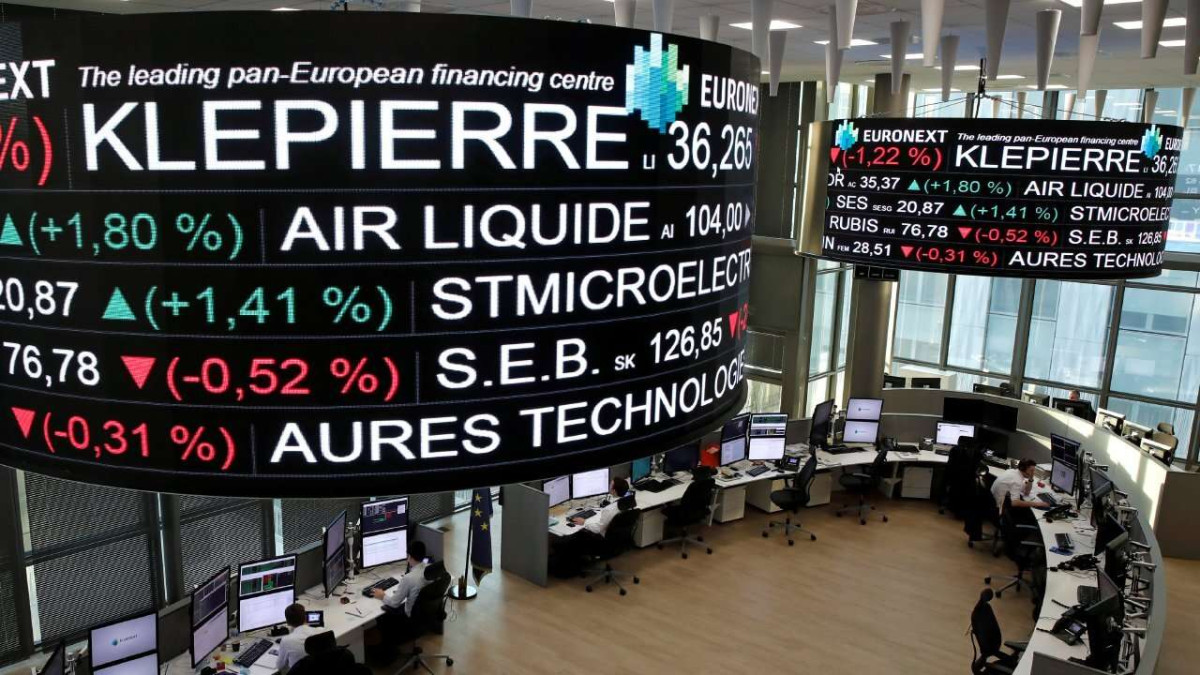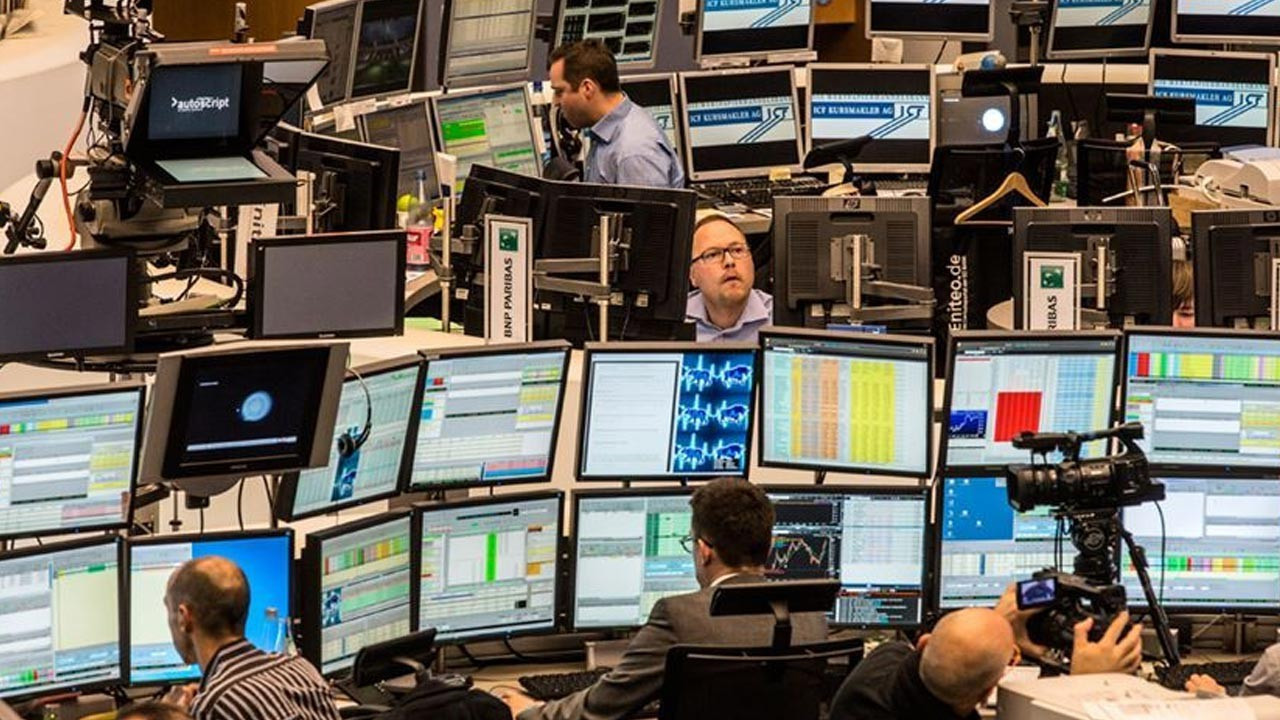
The Rise of Quantum Computers: Opportunities for Investors


Quantum Computer: The Technology of the Future
Quantum computers may seem like something out of a science fiction story, such as time travel or shrinking to tiny sizes, but significant progress is being made in real life. Amazon, Google, and Microsoft introduced their quantum computer chips last year. Nvidia announced its investments in this field with its first Quantum Day event.
Additionally, IBM, Intel, and many other companies are working on their own chips. Now, it has been reported that the Trump administration plans to invest in U.S.-based quantum-focused firms. According to The Wall Street Journal, the White House is discussing acquiring stakes in companies like IonQ and Regetti Computing in exchange for public funds. This situation has driven up the stock prices of quantum companies; for example, IonQ shares rose by more than 11%.
Quantum computers are expected to solve calculations that would take classical computers thousands of years to complete in just minutes. This has the potential to lead to significant advancements in fields such as materials science, chemistry, and medicine. Scientists will have the opportunity to perform calculations that they can only dream of with today's computers.
So, what is a quantum computer and why is it so important? First, let’s consider classical computers. Our laptops, smartphones, and smartwatches have processors known as central processing units (CPUs). Each CPU contains transistors that respond to electrical signals. Processors operate the applications and programs we use in binary code. Binary code is the machine language consisting of 1s and 0s, with each 1 or 0 referred to as a bit.
The combinations of these bits create the complex sequences of instructions for the applications we use, the games we play, and the videos we see on our screens today. However, quantum computers utilize quantum bits (qubits) instead of classical bits. Qubits are subatomic entities that have the property of superposition, allowing them to represent both 1 and 0 simultaneously. Amazon Web Services quantum hardware manager Oskar Painter states, "Think of a qubit as a sphere. It has a north and a south pole and can take any combination of 0 and 1 at the same time."
This property of qubits enables quantum computers to perform parallel processing, allowing them to solve computations much faster than classical computers. There are various ways to manipulate qubits, including superconducting systems, interacting with atoms using lasers, or using particles of light (photons). The large gold-colored machines you see are usually cooling systems that allow superconducting qubits to operate at the right temperature.
However, quantum computers cannot exist independently. They connect to classical computers to control how the quantum system interacts with the qubits and to provide performance measurements. In other words, quantum computers can process calculations very quickly by utilizing the superposition of qubits. Yet they are not yet used to solve the most complex problems due to the presence of quantum errors.
Sridhar Tayur, a professor of operations management at Carnegie Mellon University, explains, "Qubits are very fragile. If influenced by their environment, they cannot be both 0 and 1 at the same time." The small scale at which qubits exist makes them extremely sensitive to external influences. An atom can affect the function of a qubit and lead to the loss of information.
According to Painter, quantum systems can produce an error once every 300 quantum operations; however, for a quantum computer to be useful, it should only exhibit an error once every trillion operations. Therefore, quantum error correction is being employed. Microsoft, Google, and Amazon have focused on this in their recent chips. The idea behind error correction is to use redundant qubits. "If I want to preserve the information of a qubit, I actually have to replicate it 1,000 times to obtain a single good, logical qubit," Painter explains. However, this process requires a large amount of resources. Researchers are working to address this issue, but until solutions are developed, quantum computers will not be reliable enough to understand chemical calculations or interactions of atoms.
Although quantum computers can help execute specific algorithms and solve highly complex problems, even if this issue is resolved, they will not replace classical supercomputers. Quantum computers are not designed to run your daily applications faster. In short, don’t expect to stream Netflix when you turn on your personal quantum computer; traditional computers like Roku can handle that sufficiently well.
```.png)
Yakında Tüm Platformlarda
Sizlere kesintisiz haber ve analizi en hızlı şekilde ulaştırmak için. Yakında tüm platformlarda...






.png)